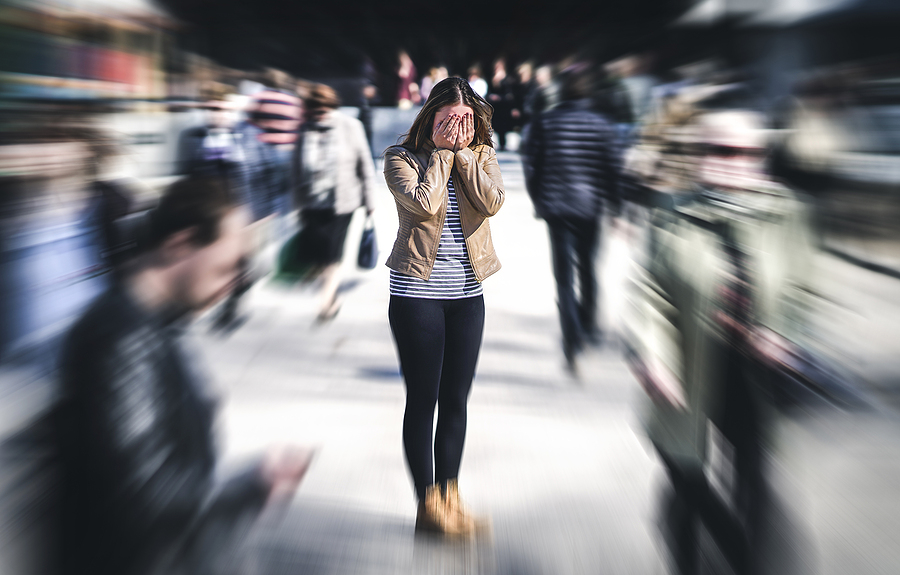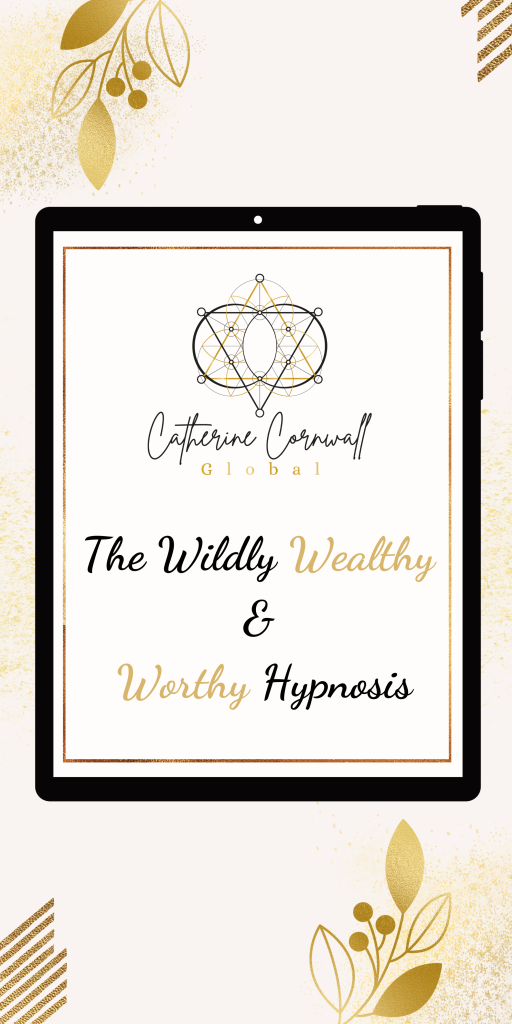Hands are sweaty, heartbeat is racing, it is hard to catch your breath, you feel nauseous, dizzy or numb, there’s a ringing in your ears or a tingling in your fingers, and you sense dread. If you have experienced some or all of these symptoms, then chances are you have had a panic attack.
Despite them being incredibly common, with one in ten US adults having anxiety attacks every year, according to WebMD, this fact does not make them any easier to deal with.
The first thing a sufferer needs to do in the moment is relieve symptoms, whether through deep breathing, meditating, or seeking support from a loved one.
However, what most people fail to tell you is the hangover you get from a panic attack. It doesn’t just last the five to 20 minutes of the episode, but can linger for a day or even more.
An article in the Irish Times touches on the matter, describing a panic attack hangover as feeling “exhausted, nauseas, headachy, mentally drained, anxious and blurred”.
“This is our bodies’ way of coming down, levelling out, after such an intense response from our nervous system,” it explained.
Sally O’Reilly, counselling psychologist and psychotherapist, told readers the importance of resting and taking care of ourselves after an anxiety attack, as it impacts heart rate, blood pressure, sleep, ability to focus, and respiration.
“If someone breaks their leg, we don’t question their pain and desire to rest up. Why question our own exhaustion right now when it’s utterly logical?” she asked.
It is, therefore, essential to treat this recovery seriously, getting fresh air, partaking in gentle exercise, practising mindfulness or meditation, listening to comforting and relaxing music, reading and being compassionate towards yourself.
For more help on how to deal with anxiety, consider a female life coach in London today.





